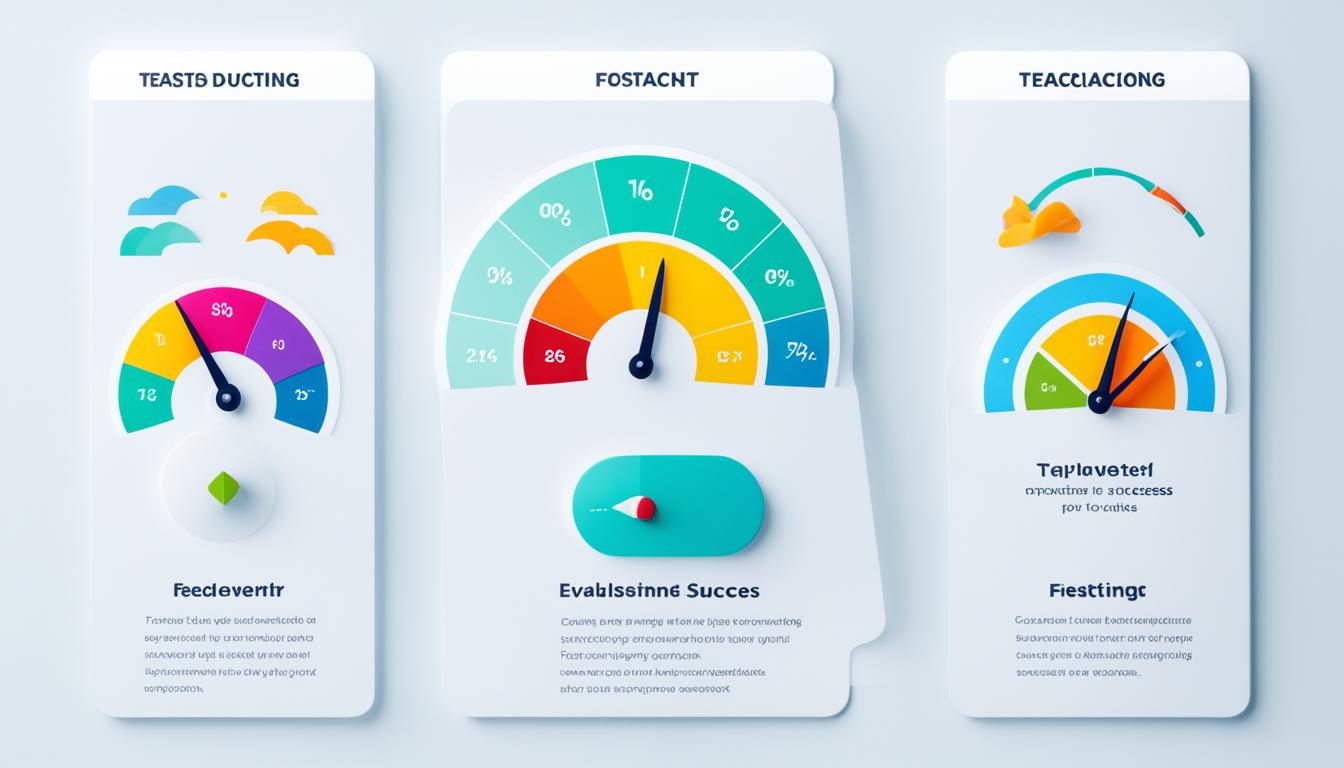Blogging can be rewarding and challenging, particularly when managing various document types. For many bloggers, PDF documents are convenient for eBooks, guides, and contracts. Despite their advantages, these static files often hinder content editing and updates, reducing workflow efficiency. Converting PDFs to Word is an effective solution that enhances editing capabilities and streamlines the entire blogging process.
Why Bloggers Use PDFs and the Challenges They Face
PDFs are widely favoured in the blogging community due to their ability to lock formatting, making them ideal for sharing eBooks, guides, and marketing materials. A detailed guide on digital marketing trends might be created in PDF format to ensure consistent design across different devices and platforms. However, the static nature of PDF documents presents challenges when updates are necessary. Outdated information in a guide requires manual revision, often starting from scratch, which can be frustrating and time-consuming.
The inefficiencies from navigating these challenges can hinder a blogger’s workflow. For example:
- Multiple PDF documents requiring updates can lead to hours spent retyping changes instead of focusing on content creation.
- This inefficiency affects productivity and diminishes the quality of produced content.
- In a fast-paced blogging environment, timely posts are crucial; being weighed down by manual processes can create a backlog of work.
While PDFs serve a purpose, their limitations can stifle creativity and hinder responsiveness to audience needs or market changes.
Benefits of Converting PDFs to Word for Blogging Efficiency
Converting PDF to Word transforms static documents into editable files, offering several advantages for bloggers:
Repurposing Content
This conversion allows for easy repurposing of existing materials into new blog posts or articles, saving time and maximising content value.
Streamlined Document Management
Quick updates can be made seamlessly within the content creation workflow, enhancing overall efficiency.
Enhanced Collaboration
Editable Word documents promote efficient collaboration, allowing team members to provide feedback directly. For example, a PDF containing a year’s worth of blog posts can be converted to Word for:
- Quick updates of links
- Refreshing outdated information
- Repurposing content into new articles
This flexibility maintains relevance without duplicating effort.
Improved Accuracy and Efficiency
PDF to Word conversion tools enable bloggers to extract tables and graphs without losing formatting. This improves accuracy and saves time, allowing a focus on high-quality content.
Engaging and Accessible Content
Streamlined document management ensures that content remains fresh, engaging, and accessible to readers, fostering a responsive blogging environment.
Tools Bloggers Can Use to Convert PDFs to Word
Bloggers have various tools to convert PDFs to Word, each catering to different needs.
Online Converters
Online converters feature user-friendly interfaces that simplify the conversion process, allowing quick changes without specialised software. This convenience is ideal for bloggers on the go; converting a contract into a Word document can streamline editing and approval processes. These services are accessible to users with minimal technical skills.
Dedicated Software Options
Dedicated software offers additional capabilities for those needing advanced features. These tools often include sophisticated OCR algorithms, allowing for accurate text extraction from scanned PDFs and complex layouts. Bloggers can effectively incorporate data from PDF reports with charts and tables while preserving the original formatting.
Batch Processing
Many dedicated options provide batch processing capabilities, enabling the simultaneous conversion of multiple files and significantly boosting productivity. Ultimately, the right tool choice depends on the blogger’s specific needs, whether they prefer quick online solutions or more robust desktop applications.
How PDF to Word Conversion Saves Time in the Blogging Workflow
Converting PDFs to Word documents has significant time-saving benefits, especially for busy bloggers. Streamlined editing processes enable a focus on what truly matters: creating compelling content.
In collaborative projects involving multiple stakeholders, converting a PDF to Word allows team members to make real-time adjustments within the document, adding comments and suggestions. This approach minimises the risk of miscommunication and ensures everyone remains aligned, significantly reducing the time spent on revisions and approvals.
Additionally, updating and repurposing content from previously static PDFs empowers bloggers to maintain a steady flow of fresh material. An educational blogger with a collection of PDFs containing lesson plans and resource guides can convert these documents into editable Word files, allowing for the quick customisation of existing content to create new blog posts or educational materials. This adaptability maximises the investment of time and effort while continually providing valuable resources to the audience. Consequently, converting PDFs to Word is a crucial strategy that enhances workflow efficiency and elevates the overall quality of the produced content.
Advanced Features for Power Bloggers
Serious bloggers can leverage advanced features during the PDF to Word-conversion process to enhance efficiency and accuracy. OCR technology enables the extraction of text from scanned documents or handwritten notes, which is particularly beneficial for bloggers dealing with various content types. A food blogger, for instance, receiving a handwritten recipe from a guest contributor can use an advanced converter to digitise this content, simplifying what could otherwise be a daunting task and allowing for the effortless incorporation of unique contributions.
Moreover, AI-powered platforms are gaining popularity for their ability to improve the accuracy of text and image extraction from complex documents. These tools relieve bloggers of technical burdens during the conversion process, enabling a focus on content enhancement rather than technical details. An environmental blogger converting a lengthy PDF research paper into a Word document can extract key findings while ensuring the preservation of essential data, such as statistics and graphs, without losing formatting. By employing advanced conversion tools, bloggers can save time and elevate the quality and professionalism of their work.
Practical Steps: How to Convert PDFs to Word
To convert a PDF to a Word document effectively, bloggers can follow a simple yet effective process:
- Select a Preferred Converter Tool: Choose between online services or dedicated software solutions.
- Upload the PDF File: Access the converter and upload the desired document.
- Initiate the Conversion Process: The tool will analyse the document and transform it into an editable format.
- Review the New Word Document: Check for accuracy, focusing on formatting and layout consistency. Some complex PDFs may require manual adjustments post-conversion.
While the process is generally straightforward, some common issues may arise. Formatting inconsistencies can occur, especially with PDFs containing intricate designs or unusual fonts. Familiarising oneself with the converter’s features is advisable, as some tools offer better options for preserving original formatting.
For bloggers handling substantial volumes of content, batch processing capabilities can significantly enhance workflow by allowing multiple documents to be converted simultaneously. By following these steps and being mindful of potential pitfalls, PDF to Word conversion can be leveraged effectively, streamlining workflow and enhancing productivity.
Boost Your Blogging Workflow with Efficient Document Management
Efficient document management is crucial for scaling content creation in blogging. As a library of PDFs accumulates—from eBooks to reports—the ability to convert these documents into editable Word files becomes increasingly beneficial. This capability enhances workflow efficiency and allows for better content organisation.
Integrating document conversion tools into daily blogging practices presents a strategic advantage in a competitive digital landscape. By streamlining document management and editing, bloggers can focus more on content creation, audience engagement, and overall business growth.
Embracing PDF to Word conversion is not merely a solution to specific challenges; it represents a proactive approach to enhancing productivity. Adopting these tools and workflows can significantly improve the ability to deliver high-quality, timely content to the audience.






